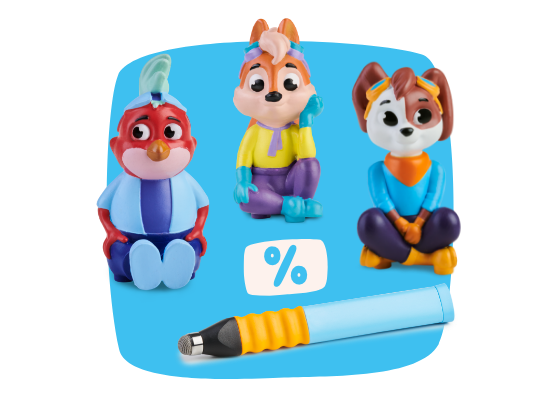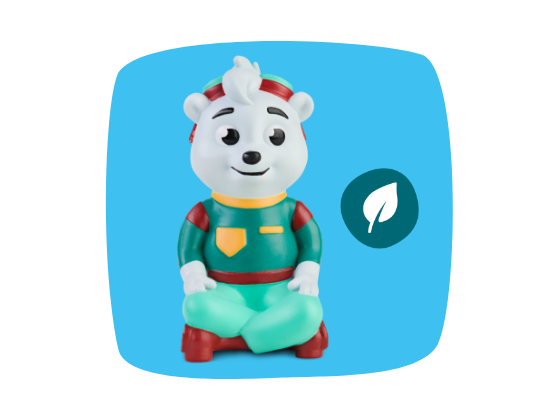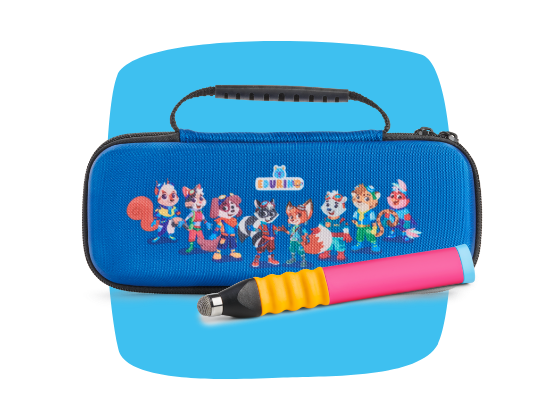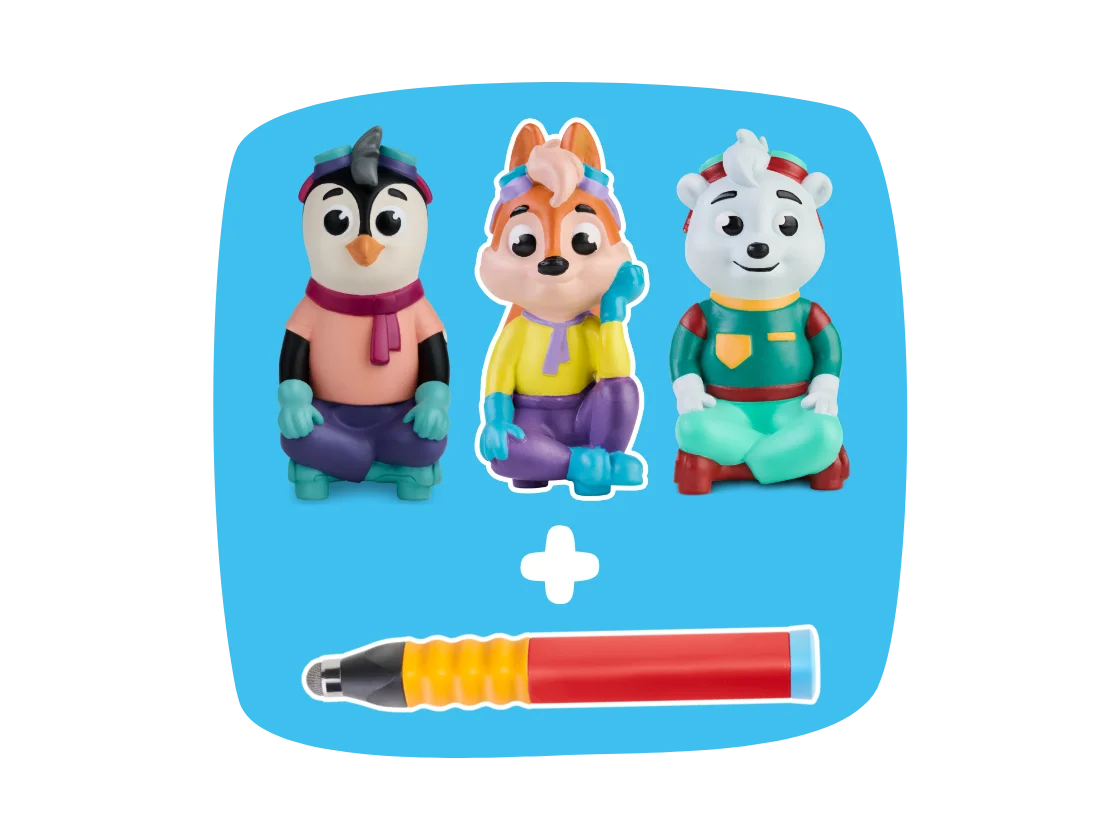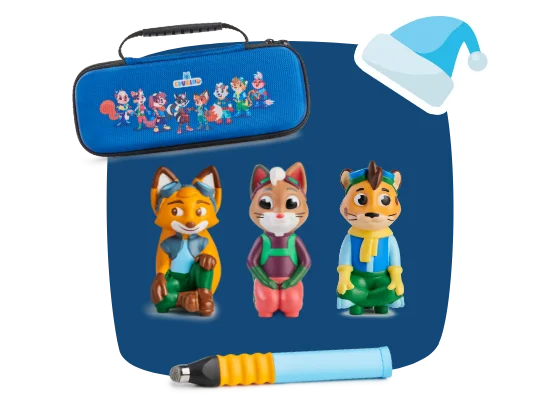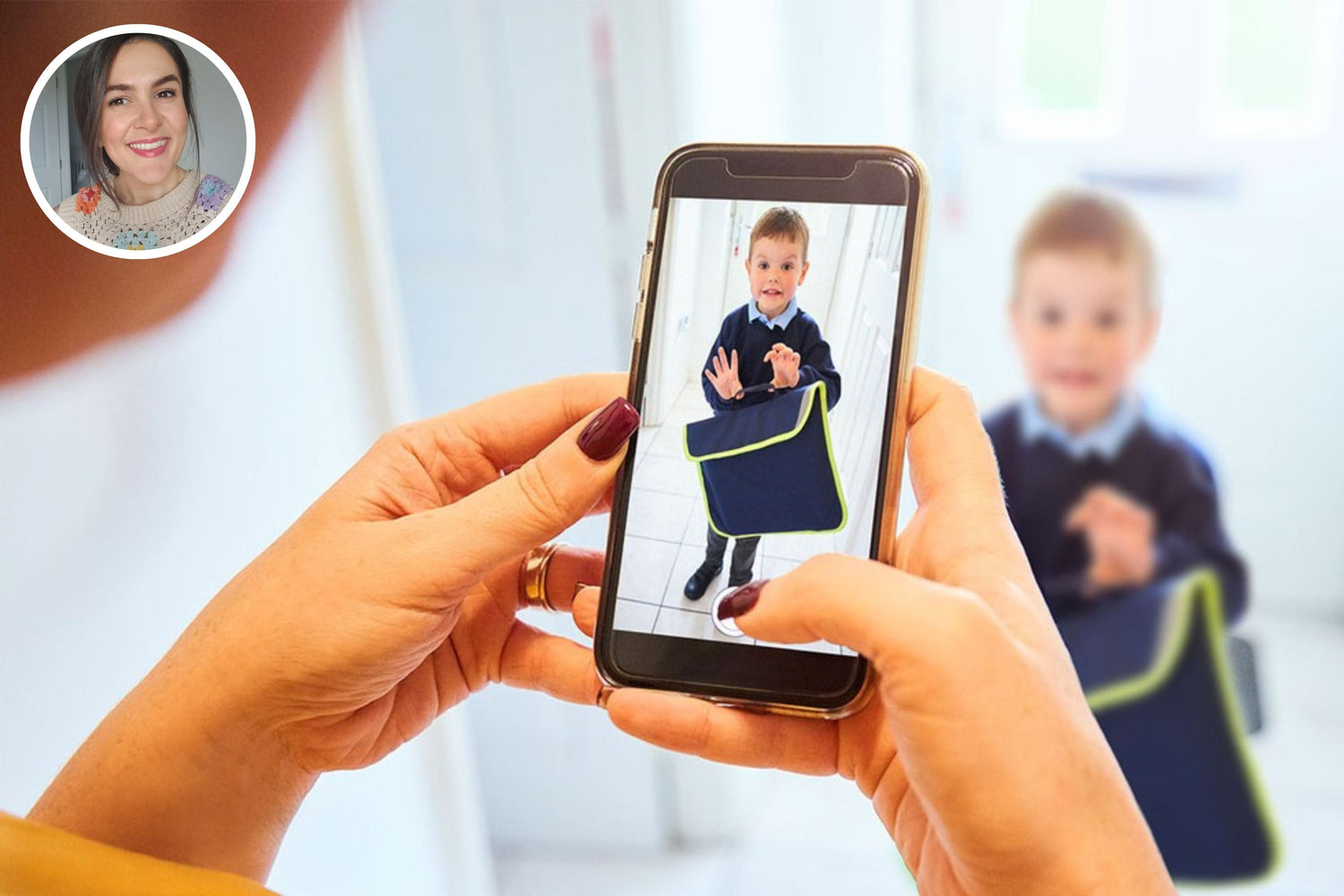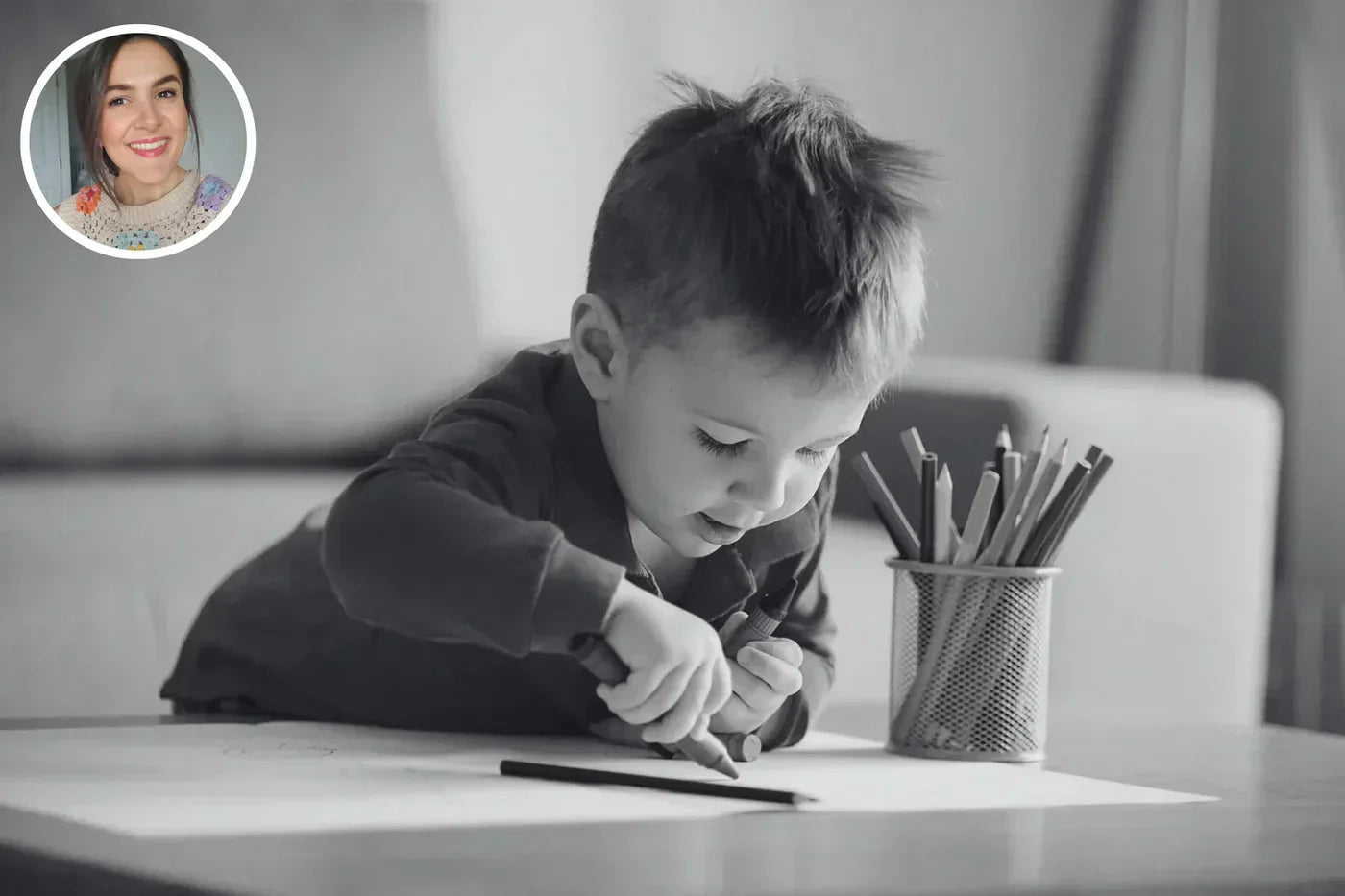In January of this year, Kindred published the latest findings from their School Readiness Survey – conducted by 1,000 teachers and 1,000 parents of reception age children in England and Wales. Their conclusion?: Too many children are ‘behind’ before they start Reception.
In the 2024 Reception cohort, teachers report over a third (36%) of children struggle to play / share with other children, 34% don’t know how to listen or respond to simple instruction, and a quarter (25%) are not toilet trained. It appears that due to a lack of ‘school readiness’ children lose out; on average, 2.4 hours of teacher time every day. Yikes.
I struggle with the term ‘school ready’.
For me, the term ‘school ready’ isn’t inclusive of all children. It does a disservice not only to neurodiverse children but those with additional needs of any kind. Children with bowel issues for whom toilet training has been a journey; children with speech delay who struggle to communicate with adults. By ‘school readiness’ standards they’ve barely stepped foot into the classroom on day one and they’re already ‘behind’.
A coalition of early childhood experts have identified the skills children actually need to feel confident and ready before ‘big school’ starts. Here’s what they found:
There are 4 main goals:
-
Growing Independence
-
Building Relationships & Communicating
-
Physical Development
-
Healthy Routines
Practical and hassle-free ways you can help kids build the core skills* **
**Disclaimer – you’re probably already doing most of them:
**Double disclaimer – praise goes a long way. When you see your child demonstrating the skills below; celebrate and tell them how proud you are! Your positive reinforcement will make them feel good and further cement the skill.
Growing Independence
Getting your mini-me ready for the world.
-
The ancient art of wrestling their coat on (have you seen the floor trick they learn at nursery? Genius.)
-
Gently encourage them to use the toilet and wash their hands independently; like the self-sufficient legends they are.
-
Offer less support when they are getting dressed — this is a job they might have to tackle with limited support at school, especially after the loo or PE. Pants the right way round? Optional.
-
Eat with cutlery and drink from a cup that doesn’t have a lid — mealtimes may be chaos at first, worth it later.
-
Take a hot 5 mum and dad… If possible, opportunities for your child to spend time away from you can help them learn: other grown-ups can be lovely too.
Building Relationships & Communicating
...just imagining them playing with their wee friends is enough to set me off!
-
During play, build in opportunities to practice sharing and getting used to taking turns with toys
-
Recognising the pattern of their name – really useful skill for finding that coat to bust out on to the playground at break
-
Singing along to fun songs and nursery rhymes – big fan of a kitchen concert
-
Talk about feelings: reading together and talking about how characters feel and why is a powerful way to develop emotional intelligence
Physical Development:
All that wriggling and climbing? It’s getting them school-ready.
-
Climbing stairs – one foot at a time, using the wall for support is fine
-
All those trips to the park count: climbing, running, jumping, throwing and catching a ball are all key motor skills
-
Building strength in little hands: from puzzles to colouring to cutting and sticking; opportunities to help kids strengthen fine motor skills will help them build dexterity for learning to write
-
You can also introduce playful tools like EDURINO’s ergonomic pen – designed by occupational therapists with small hands in mind, it helps kids learn proper grip and pen control while playing educational games.
Healthy Routines -
Setting the stage for smoother school mornings.
-
Going to bed around the same time each night, and waking up in time to get ready for school.
-
Eating a healthy diet and trying new foods - and well know this is easier said than done…!
-
Supervising while kids brush their teeth with fluoride toothpaste twice a day.
And here’s the thing…
…a lot of this may already be happening in your house – especially if your child is active, curious, and starting to show interest in being independent. Chances are they’re not perfect at catching a ball or cutting in a straight line yet. That’s normal. School readiness isn’t about perfection; it’s about progress.
If you’ve been feeling overwhelmed by conflicting advice on preparing your child for big school, you’re not alone. The new Starting Reception definition of school readiness, supported by early years experts and organisations across the UK, aims to give parents a clearer, more consistent framework and help families feel confident their children can thrive from day one—not just survive the first week of school.
The organisations behind the Starting Reception definition of school readiness:

